#1
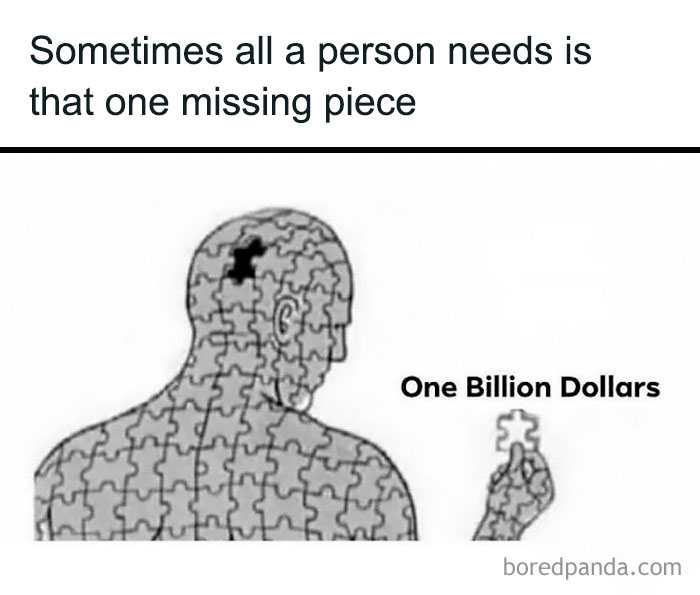
Image credits: itsibelike
#2

Image credits: itsibelike
#3

Image credits: itsibelike
Relatability is a word that is nowadays thrown around quite a lot. Mostly because marketing geniuses got hold of it and realized that today’s consumers want to connect with businesses on a personal level.
However, we’re not talking about brands and relatability today. We’re simply going back to the basics and the human need to connect, how it impacts us, and how it’s not always easy to relate to others (I know, shocker).
At its heart, relatability is simple—we gravitate towards those who are most like us. This can be applicable in any area of our lives, whether it’s politics, entertainment, work, social circle, etc. It’s a way for us to organize the chaotic world, connect with others, and find community.
#4

Image credits: itsibelike
#5
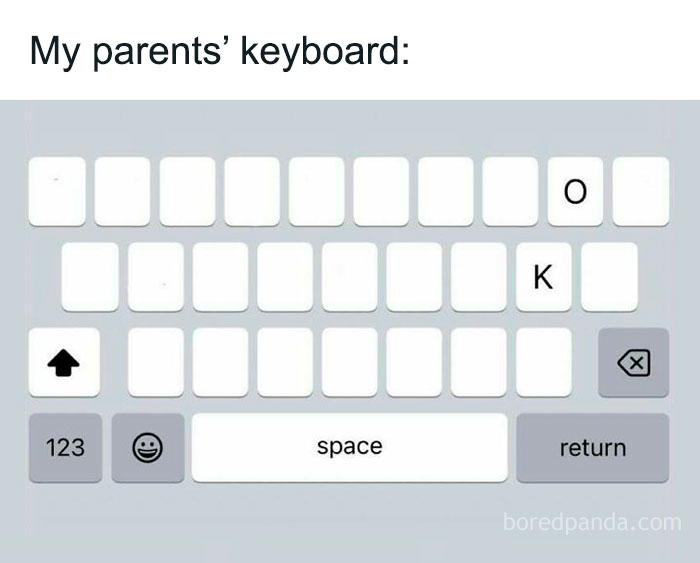
Image credits: itsibelike
#6

Image credits: itsibelike
Our ability to relate to others is a learned and complex set of skills, which we develop and join together with our inborn abilities like communication, understanding others, and basic survival skills. The way we can relate to other people and approach relationships with them is largely dependent on our caregivers, who instill what’s acceptable in communication and what’s not.
Our caregivers also have an impact on how we feel about ourselves, our emotional intelligence, and our self-esteem, as they are all affected by our early experiences of parental love. This, as a result, also has an influence on how we relate to others and ourselves.
#7

Image credits: itsibelike
#8

Image credits: itsibelike
#9

Image credits: itsibelike
“How we relate to others is directly connected to how and what we think about ourselves,” says Karen Liebenguth, an accredited coach and mindfulness trainer.
When we feel negatively about ourselves and constantly doubt our abilities, we may have difficulty relating to others. If we aren’t valuing ourselves, we increase our chances of feeling insecure in social situations and avoid contact with others out of fear of judgment and criticism, which impedes our ability to relate to others.
#10

Image credits: itsibelike
#11

Image credits: itsibelike
#12

Image credits: itsibelike
Even though relatability seems simple, it’s not that easy to achieve. There are many obstacles that could be preventing us from connecting with others in this way. One of which is negative past experiences, like trauma, conflict, or rejection. Such incidents can leave emotional scars that make us doubtful about forming meaningful connections. Our emotional openness subsidizes and, as a result, can interfere with our ability to relate to others.
#13

Image credits: itsibelike
#14

Image credits: itsibelike
#15

Image credits: itsibelike
Poor social skills, shyness, and social anxiety can also impinge on our ability to relate to others. If a person hasn’t had the chance to develop their social skills, like starting a conversation, interpreting non-verbal cues, or expressing their emotions effectively, they can experience anxiety about forming connections with others.
#16
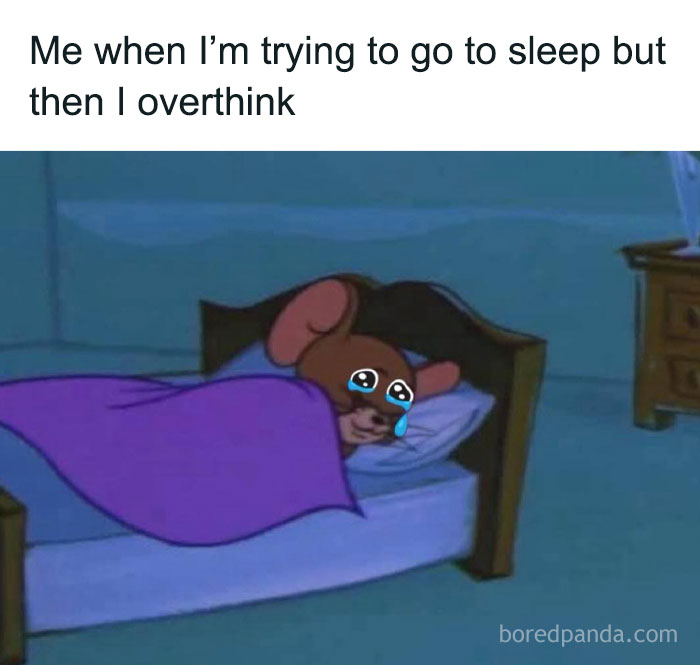
Image credits: itsibelike
#17

Image credits: itsibelike
#18
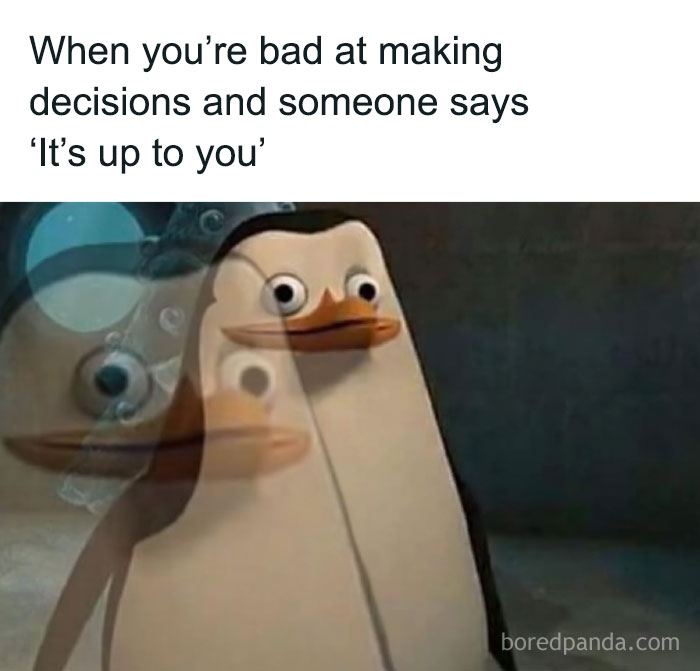
Image credits: itsibelike
Sometimes people may even unconsciously distance themselves from people as a way to protect themselves, which some experts call irrelationship. “Irrelationship, a dissociative adaptation, is a shared coping style which allows us to distance ourselves from the anxiety related to becoming close to others,” explain Mark B. Borg, Jr., Ph.D., Grant H. Brenner, MD, & Daniel Berry, RN, MHA, to Psychology Today.
#19

Image credits: itsibelike
#20
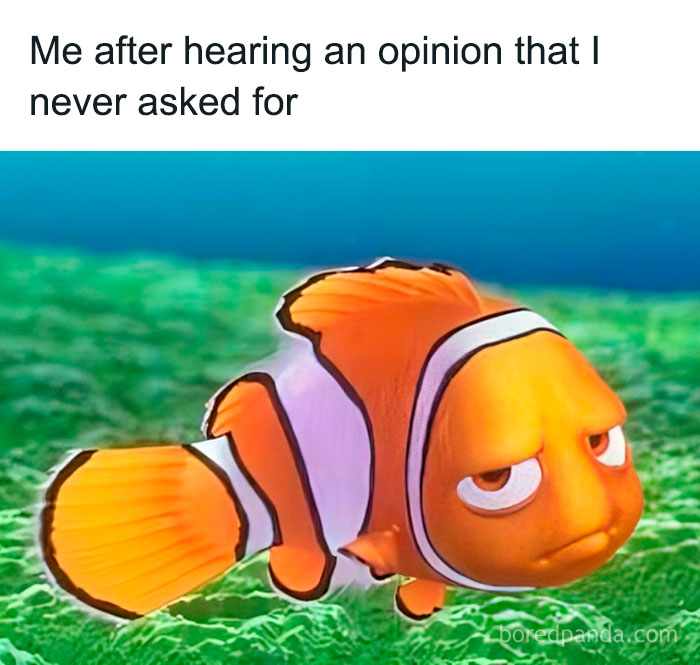
Image credits: itsibelike
#21
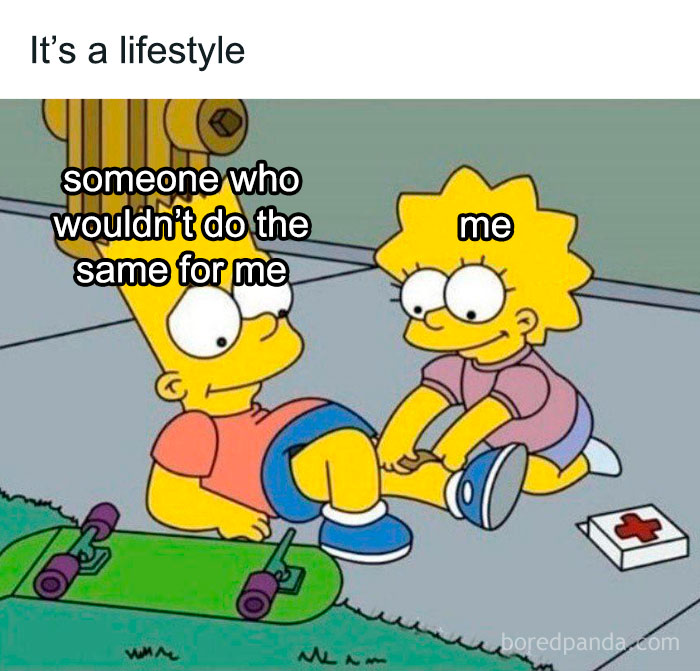
Image credits: itsibelike
People who experience the inability to relate to others and can’t seem to form connections miss out on a sense of belonging, which is important for our mental health and well-being. This means that those who struggle with it have to improve their ability to relate in order to feel happy and a part of the community.
#22

Image credits: itsibelike
#23

Image credits: itsibelike
#24

Image credits: itsibelike
This can be done by first working on our individual self-esteem. It’s the foundation on which all of our relationships are built. Practicing self-acceptance and self-care and working on the negative thoughts we have about ourselves improves our view of ourselves, which in turn helps us better connect with others.
#25
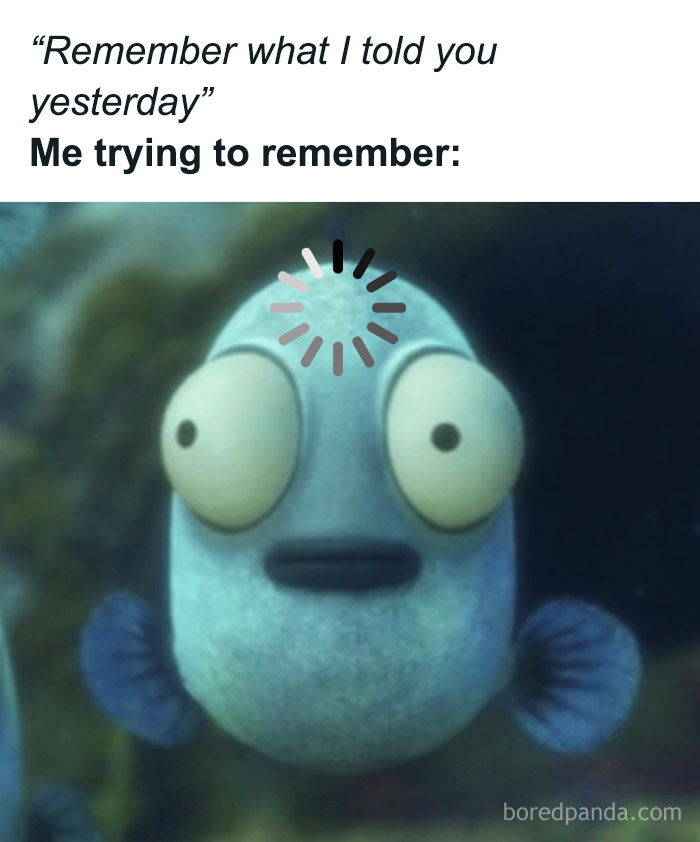
Image credits: itsibelike
#26

Image credits: itsibelike
#27

Image credits: itsibelike
Practicing empathy is another important step on the road to perfecting our ability to relate to others. It’s a skill that allows us to put ourselves in someone else’s shoes and understand their thoughts and feelings. It can be improved by actively listening to others and showing genuine interest in what they have to say. This helps to better understand others and foster a sense of connection and closeness, which relatability largely requires.
#28

Image credits: itsibelike
#29

Image credits: itsibelike
#30

Image credits: itsibelike
#31

Image credits: itsibelike
#32

Image credits: itsibelike
#33

Image credits: itsibelike
#34

Image credits: itsibelike
#35

Image credits: itsibelike
#36

Image credits: itsibelike
#37

Image credits: itsibelike
#38
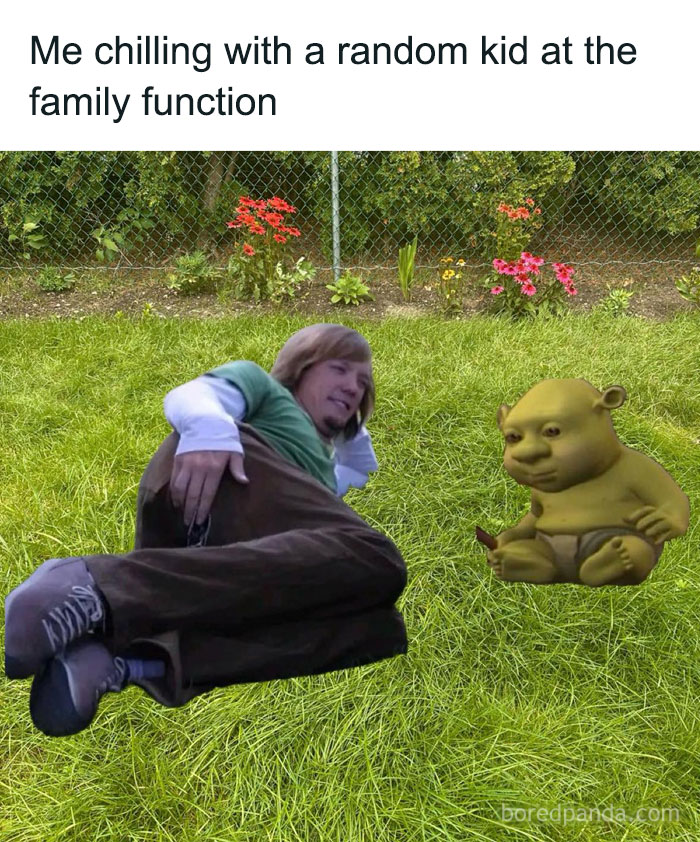
Image credits: itsibelike
#39

Image credits: itsibelike
#40

Image credits: itsibelike
#41

Image credits: itsibelike
#42

Image credits: itsibelike
#43

Image credits: itsibelike
#44

Image credits: itsibelike
#45

Image credits: itsibelike
#46

Image credits: itsibelike
#47

Image credits: itsibelike
#48

Image credits: itsibelike
#49

Image credits: itsibelike
#50

Image credits: itsibelike
#51

Image credits: itsibelike
#52

Image credits: itsibelike
#53

Image credits: itsibelike
#54

Image credits: itsibelike
#55

Image credits: itsibelike
#56

Image credits: itsibelike
#57

Image credits: itsibelike
#58

Image credits: itsibelike
#59

Image credits: itsibelike
#60

Image credits: itsibelike
#61

Image credits: itsibelike
#62

Image credits: itsibelike
#63

Image credits: itsibelike
#64

Image credits: itsibelike
#65
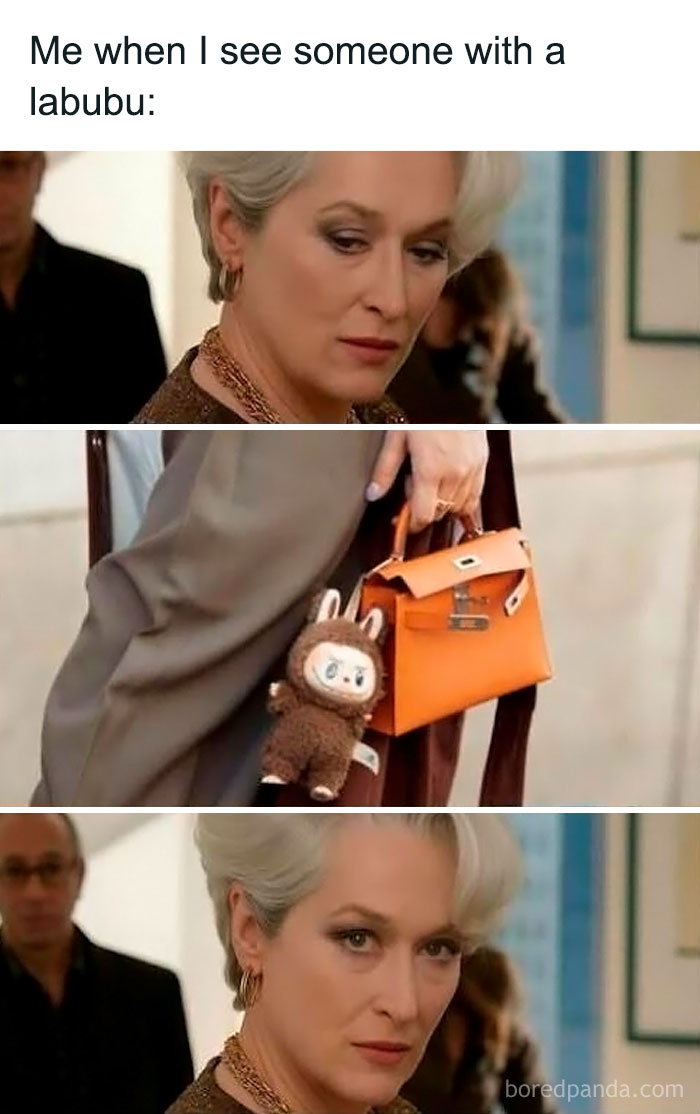
Image credits: itsibelike
#66

Image credits: itsibelike
#67

Image credits: itsibelike







